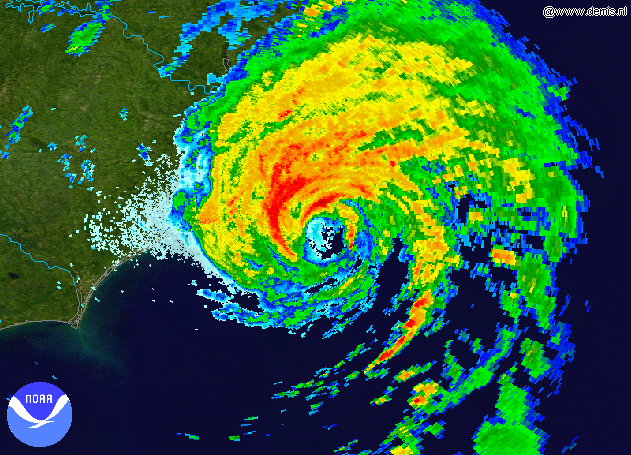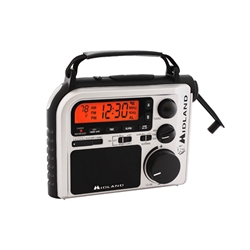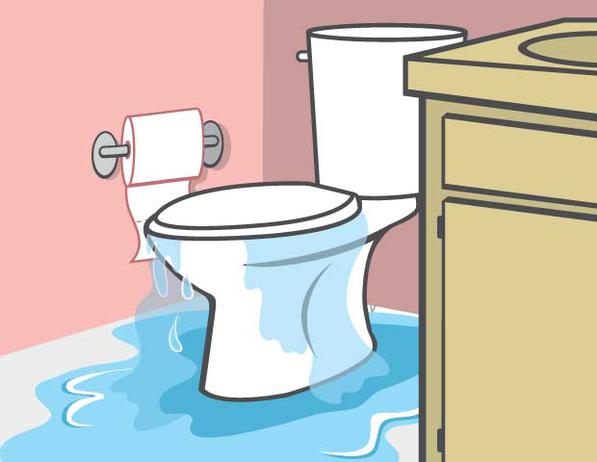Summer is here and so is hurricane season.  If you want to be sure that your family and home will be safe when the high winds, heavy rain, flooding and storm surges arrive, now is the time to get ready.  Because hurricanes can be extremely dangerous and destructive — remember Katrina, Irene and Sandy? — the Centers for Disease Control (CDC) recommends that you stock up on supplies in advance to avoid frantic last minute shopping trips and empty shelves.  Here’s a checklist of supplies you will want to have on hand:
Food and Medicine
- Clean containers for water
- At least 5 gallons of water per person (enough to last 3 to 5 days)
- A 3- to 5-day supply of canned and non-perishable food (including a manual can opener for opening cans)
- Baby food or formula
- Prescription medicines and eyeglasses
- Pet food and extra water for animals
 Safety Items
Safety Items
- First aid kit and instructions
- Fire extinguisher
- Battery-powered or hand-crank radio
- NOAA Weather Radio with tone alert to receive up-to-the-minute information on severe weather developments and other emergencies
- For the visually or hearing impaired, a weather alert radio with a strobe or vibrating bed shaker
- Battery-powered flashlights, hand-crank flashlights or headlamps for hands-free lighting, along with extra batteries
- Sleeping bags or extra blankets
- Supplies to make drinking water safe (like iodine tablets or chlorine bleach)
- Cell phone with inverter, mobile phone charger, or solar charger
Personal Care Products
- Hand sanitizer and wet cleaning cloths (like baby wipes) in case you don’t have clean water
- Soap, toothpaste and toothbrushes
- Tampons and pads
- Diapers
 Emergency Car Kit
Emergency Car Kit
In case you need to leave quickly during a hurricane, always keep an emergency kit in your car that includes:
- Food and snacks that don’t go bad and bottled water
- Flares or super bright battery-powered road flares
- Jumper cables or a battery-powered jump starter
- Maps
- Roadside emergency kit
- First aid kit and instructions
- Fire extinguisher
- Sleeping bags or a plug-in travel blanket
- Battery-powered flashlights or hand-crank flashlights and extra batteries
- GPS (either in your car or on your smartphone)
Summary
Remember that when a hurricane strikes, there’s a good chance you may lose power and fresh water. You may even be stranded in your house for hours or days if roads are flooded or blocked by downed trees and wires. Â In most parts of the U.S., hurricane season begins in June and lasts through November, peaking from mid-August thru October. Â We recommend that you take the advice of the CDC and prepare your family, home and car now so you’re ready when the next big storm hits.



